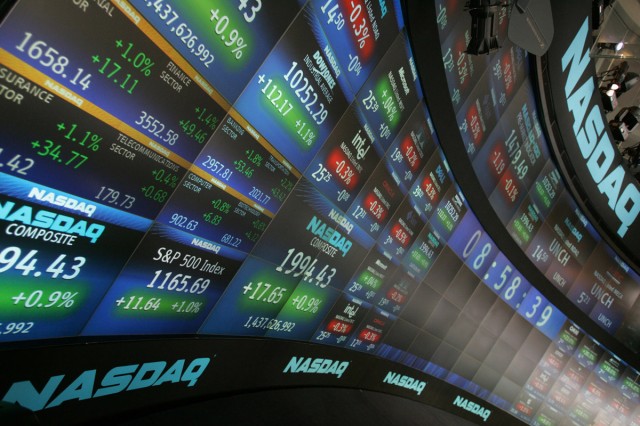Of mice and markets
Ars Technica » Scientific Method 2013-05-09
How do ethics and the free market interact? As the authors of a new paper on the topic point out, the answer is often complicated. In the past, Western economies had vigorous markets for things we now consider entirely unethical, like slaves and Papal forgiveness for sins. Ending those practices took long and bloody struggles. But was this because the market simply reflects the ethics of the day, or does engaging in a market alter people's perception of what's ethical?
To find out, the authors of the paper set up a market for an item that is ethically controversial: the lives of lab animals. They found that, for most people, keeping a mouse alive, even at someone else's cost, is only worth a limited amount of money. But that amount goes down dramatically once market-based buying and selling is involved.
The research was done at the University of Bonn, which appears to have a biology department that includes researchers who study mouse genetics. As Mendel told us, genes are inherited independently. So as these researchers are breeding mice to get a specific combination of genes, they'll inevitably get mice that have the wrong combination. Since proper mouse care is expensive and lab mice typically live a couple of years, it's standard procedure to euthanize these unneeded mice.
Read 12 remaining paragraphs | Comments
